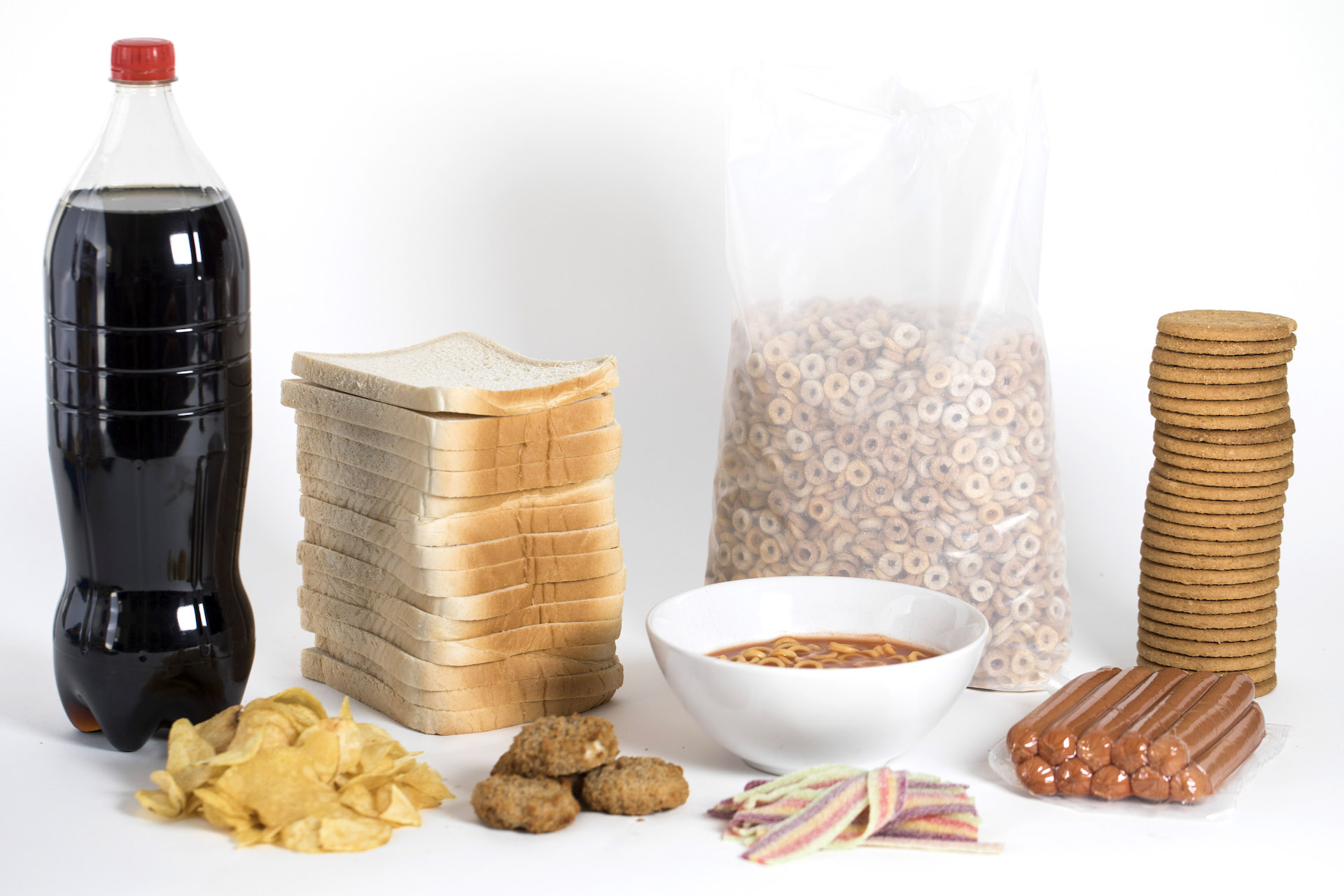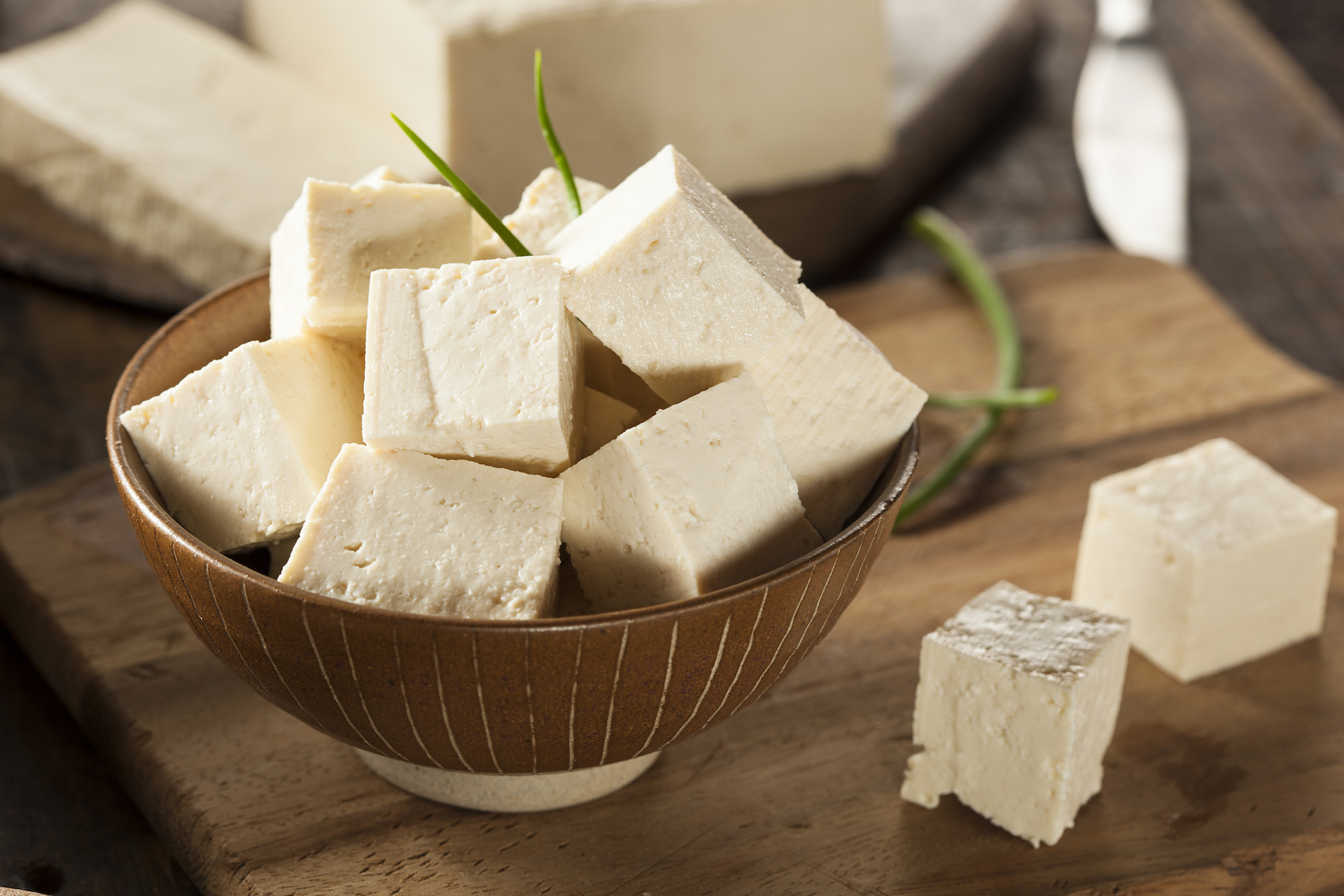Recent headlines have slammed plant-based fake meats, such as vegetarian sausages and textured plant proteins, as unhealthy, claiming that their consumption is linked to an increased risk of cardiovascular disease and death. But a closer look at the research underlying these claims reveals a more nuanced story.
According to the paper that sparked the headlines, the real culprit isn’t meat alternatives specifically, but ultra-processed plant-based foods in general. But there’s an important caveat: “Plant-based” foods include some unexpected options, like chocolate-coated biscuits, frozen pizza, and soda. The study, published in the Lancet Regional Health Europe earlier this month, linked ultra-processed plant-based foods to an increased risk of cardiovascular-related disease and mortality.
But plant-based meat made up only a small portion of study participants’ overall food intake, and the study wasn’t designed to pinpoint which foods were most strongly associated with poor health. But critics say this confused interpretation shows how complicated nutrition research is, because the definitions of food scientists use don’t necessarily reflect what other people interpret as a plant-based diet.
When a food undergoes industrial transformation that significantly alters its original ingredients, it’s called an ultra-processed food. These foods take a long journey to get to your plate. Pantry staples like instant noodles and store-bought cookies typically undergo several stages of processing that unravel the inner structure of the ingredients. They’re then reformulated in ways that prioritize convenience and taste, often with additives designed to improve appearance and shelf life. “Think of foods that you can’t cook in your own kitchen,” says Evangeline Mantziolis, a researcher and nutritionist at the University of South Australia who wasn’t involved in the study, because of the chemical ingredients or the industrial machinery required to prepare them.
RELATED: Why a Plant-Based Diet is Healthier than Other Diets
In nutrition research, including this widely discussed paper, a framework called the NOVA classification system is used as a benchmark for classifying foods along a spectrum from unprocessed to ultra-processed, based on their level of alteration from their natural state. Most foods are intuitively categorizable: broccoli and beans would not be considered ultra-processed, while breakfast cereals and canned soups would. However, other foods may not be obvious at first glance. For example, a new Lancet Regional Health–Europe study cited beer and wine as examples of non-ultra-processed beverages, but distilled spirits such as vodka were considered ultra-processed.
The idea behind using this framework in food research is that food processing can fundamentally change the way that food interacts with the body and affects health, says Fernanda Lauber, a nutritional epidemiologist at the University of São Paulo in Brazil and lead author of the new study. The health effects of food “do not simply result from the sum of its nutritional functions,” she says. “The way foods are combined, prepared and consumed in a meal also plays an important role in their health effects.”

Researchers are increasingly pointing out that ultra-processed foods are bad for your health. (Image credit: Dan Kitwood via Getty Images)
In the study, Lauber and his colleagues linked what people ate per day to hospital and death records related to cardiovascular disease. The researchers did this using data from more than 100,000 adults from the UK Biobank, a large database that tracks the health, lifestyle, and genetic information of volunteers aged 40 to 69 in the UK.
The study’s plant-based category is in some ways a catch-all, says Gunter Kuhnle, a nutritional epidemiologist at the University of Reading in the UK, who was not involved in the study. When Kuhnle first read the paper’s title, he thought it referred only to plant-based meat substitutes, plant-based beverages and plant-based milk — in other words, replacements for animal-based products. “When I read the paper, it was clear that this was not the case,” he says. The press release also emphasized that interpretation, specifically stating in the first paragraph that plant-based sausages, nuggets, burgers and other products “intended to replace foods of animal origin” were associated with an increased risk of cardiovascular disease.
But there’s more to the story. Meat alternatives were rated alongside ultra-processed foods that aren’t intuitively “plant-based,” such as bread, cake, sugary soda, potato chips and ketchup. These foods don’t immediately spring to mind when you think of a plant-based diet, Kuhnle says. Such broad categorizations “weren’t wrong,” he says, “just easily misunderstood.”
The study found that people who eat more ultra-processed foods are more likely to develop or die from heart disease, a finding that’s “not that surprising,” Kuhnle says, given that many dietary guidelines recommend eating “in moderation” of “plant-based” foods, such as sugary foods and drinks.

Tofu is considered by many to be a healthy source of plant-based protein, but in this study it was classified as an ultra-processed food. Lumping different foods into this one category makes the results difficult to interpret. (Image credit: Dragos Rusu / 500px via Getty Images)
As a percentage of total energy intake, every 10% increase in consumption of ultra-processed plant-based foods – which includes tofu and tempeh as well as cookies and chocolate bars – was associated with a 5% increased risk of cardiovascular disease and a 12% increased chance of dying from that disease. The reverse was also true: every 10% increase in consumption of non-ultra-processed plant-based foods such as pasta, beans and potatoes was associated with a 7% lower risk of heart disease and a 13% lower chance of dying.
The problem is that this kind of analysis evaluates foods as a group, so it can’t show whether certain foods are worse than others. Moreover, tofu, tempeh and textured plant protein products, which are classified as ultra-processed, plant-based foods, only account for a small proportion of the total calories people ate, about 0.2% in total, compared with 10% for other foods such as packaged bread. “We can’t draw any specific conclusions related to this particular type of food,” Lauber said in response to the way the paper was covered in some media reports.
Still, the findings add to a growing body of evidence linking ultra-processed foods to adverse health effects. A recent review of multiple studies, including data from a total of nearly 10 million people, found that higher intakes of ultra-processed foods are associated with a range of health risks, including cardiovascular disease. The health effects of artificial meat products are less clear. One recent study showed that vegetarians and vegans consume more ultra-processed foods than meat eaters and prefer unhealthy plant-based foods over healthy alternatives, but the long-term effects of such dietary patterns on health have not been investigated. Meanwhile, ultra-processed meats such as sausages and salami themselves have been linked to increased overall mortality, particularly colorectal cancer.
It’s still unclear how ultra-processed foods cause health problems. Some studies point to the salt, sugar, and fat in these foods, but other studies suggest that the act of processing food — breaking down its natural structure and rebuilding it into a new one — may affect the body in ways we don’t yet understand. Chemical additives such as monosodium glutamate (MSG), a common flavor enhancer, and contaminants such as acrolein, which comes from frying, baking, and fermenting ultra-processed foods, may also affect appetite and health. Acrolein in particular has previously been linked to an increased risk of cardiovascular disease.
Lauber cautions that the study could not analyze causation. In reality, people’s eating habits are messy and they don’t usually follow strict rules for long periods of time, so it’s difficult to design a study that draws conclusions about whether a particular diet causes disease. But given the number of observational studies available, “there’s a huge amount of evidence that ultra-processed foods are probably not the best for our health,” Mantziolis says. Lauber’s study also takes into account other variables, such as the effects that family history, physical activity, and ethnicity may have on an individual’s risk of developing heart disease.
Kuhnle says ultra-processed foods are not necessarily a “good” or “bad” choice, but they should be viewed in the broader context of a person’s diet, bearing in mind that their health effects don’t appear overnight.
This article was originally published in Scientific American. © ScientificAmerican.com. All Rights Reserved. Follow us on TikTok and Instagram. X And Facebook.


